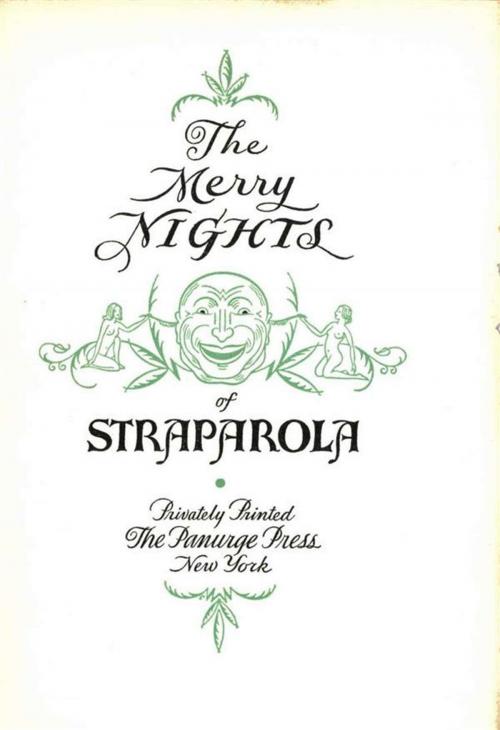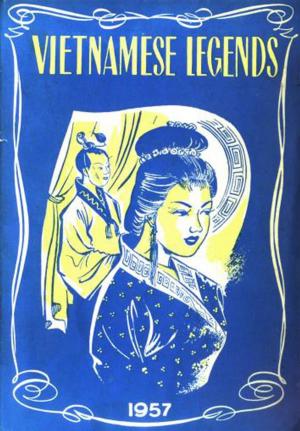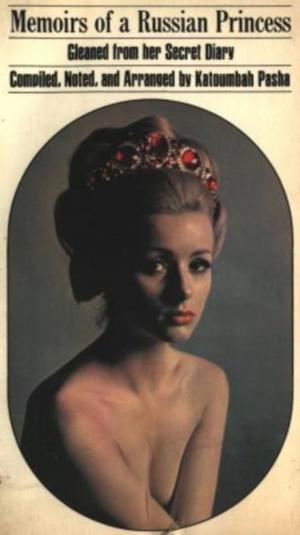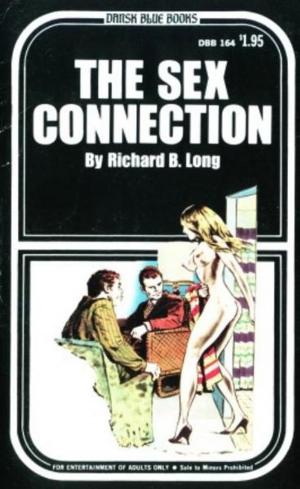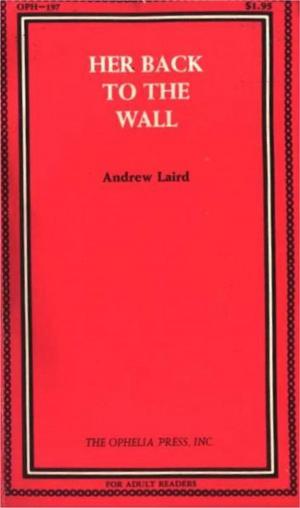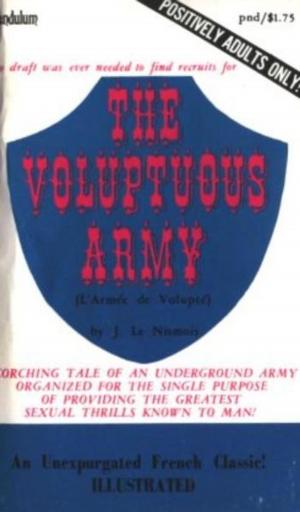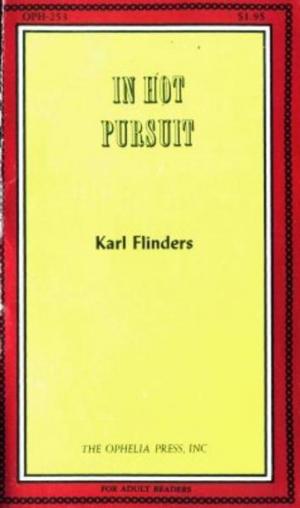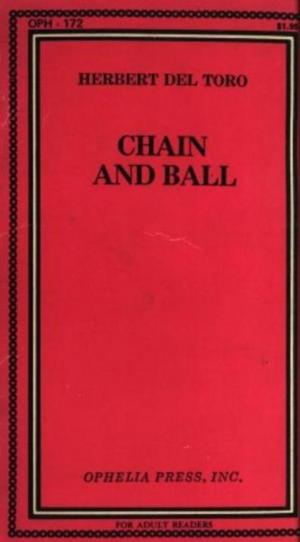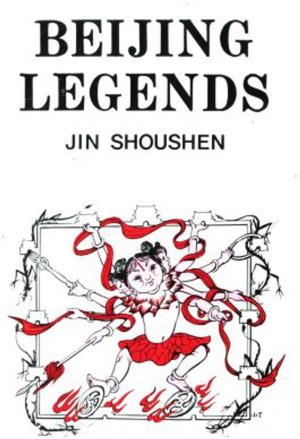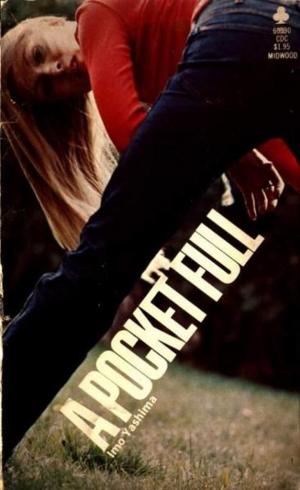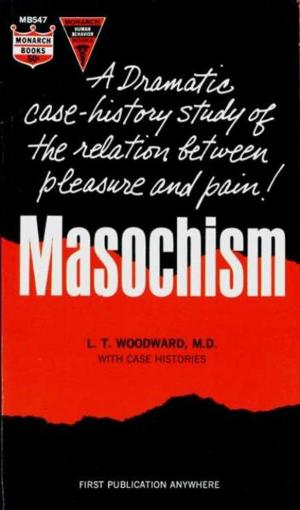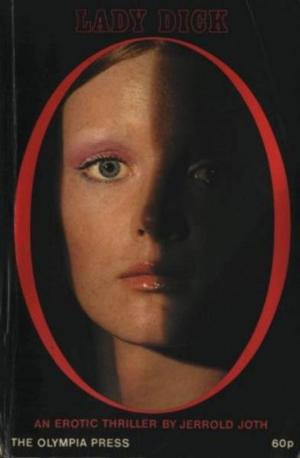| Author: | Giovanni Francesco Straparola | ISBN: | 9781626575998 |
| Publisher: | Olympia Press | Publication: | November 5, 2015 |
| Imprint: | Language: | English |
| Author: | Giovanni Francesco Straparola |
| ISBN: | 9781626575998 |
| Publisher: | Olympia Press |
| Publication: | November 5, 2015 |
| Imprint: | |
| Language: | English |
One of the chief claims of the Merry Nights on the consideration of later times lies in the fact that Straparola was the first writer who gathered together into one collection the stray tales, for the most part brought from the East, which had been made known in the Italian cities—and in Venice more especially—by the mouth of the itinerant story-teller. These tales, incorporated in the Notti with others of a widely different character, were without doubt the principal sources of the numerous French Contes des Fees published in the seventeenth and eighteenth centuries. Perrault, Madame D'Aulnoy, and Gueulette took from them many of their best fables; and these, having spread in various forms through Northern and Western Europe, helped to tinge with a hue of Orientalism the popular tales of all countries—tales which had hitherto been largely the evolution of local myths and traditions. After reading the Merry Nights through one can hardly fail to be struck by the variety of the themes therein handled. The stories of intrigue and buffo tales of popular Italian life may be somewhat unpleasant in subject and coarse in treatment, but with regard to the majority of these one is disposed to be lenient, inasmuch as the fun, though somewhat indelicate, is real fun. When the duped husband, a figure almost as inevitable in the Italian Novella as in the modern French novel, is brought forward, he is not always exhibited as the contemptible creature who seems to have sat for the part in the stories of the better known writers. Indeed, it sometimes happens that he turns the tables on his betrayers; and, although Straparola is laudably free from the vice of preaching, he now and then indulges in a brief homily by way of pointing out the fact that violators of the Decalogue generally come to a bad end, and that his own sympathies are all on the side of good manners. It is true that one misses in his work those delicious invocations of Boccaccio, commonly to be found at the end of the more piquant stories, in which he piously calls on Heaven to grant to himself and to all Christian men bonnes fortunes equal to those which he has just chronicled. In spite of its indelicacy, there will be found in the Merry Nights a smaller proportion of stories calculated to outrage modern canons of taste than in any of the better known collections of Italian novelle. The judgments which have been dealt out to Straparola on the score of indecency by Landau, by the writer of the article in the Biographie Universelle, and by Grimm in his notes to Kinder und Hausmarchen, seem to be unduly severe. In certain places he is no doubt brutally coarse, but the number is not large. If one were to take the trouble to compare the rendering given by Basile in the Pentamerone, of stories told also by Straparola, the award for propriety of language would assuredly not always be given to the Neapolitan, who, it should be remembered, was writing a book for young children.
One of the chief claims of the Merry Nights on the consideration of later times lies in the fact that Straparola was the first writer who gathered together into one collection the stray tales, for the most part brought from the East, which had been made known in the Italian cities—and in Venice more especially—by the mouth of the itinerant story-teller. These tales, incorporated in the Notti with others of a widely different character, were without doubt the principal sources of the numerous French Contes des Fees published in the seventeenth and eighteenth centuries. Perrault, Madame D'Aulnoy, and Gueulette took from them many of their best fables; and these, having spread in various forms through Northern and Western Europe, helped to tinge with a hue of Orientalism the popular tales of all countries—tales which had hitherto been largely the evolution of local myths and traditions. After reading the Merry Nights through one can hardly fail to be struck by the variety of the themes therein handled. The stories of intrigue and buffo tales of popular Italian life may be somewhat unpleasant in subject and coarse in treatment, but with regard to the majority of these one is disposed to be lenient, inasmuch as the fun, though somewhat indelicate, is real fun. When the duped husband, a figure almost as inevitable in the Italian Novella as in the modern French novel, is brought forward, he is not always exhibited as the contemptible creature who seems to have sat for the part in the stories of the better known writers. Indeed, it sometimes happens that he turns the tables on his betrayers; and, although Straparola is laudably free from the vice of preaching, he now and then indulges in a brief homily by way of pointing out the fact that violators of the Decalogue generally come to a bad end, and that his own sympathies are all on the side of good manners. It is true that one misses in his work those delicious invocations of Boccaccio, commonly to be found at the end of the more piquant stories, in which he piously calls on Heaven to grant to himself and to all Christian men bonnes fortunes equal to those which he has just chronicled. In spite of its indelicacy, there will be found in the Merry Nights a smaller proportion of stories calculated to outrage modern canons of taste than in any of the better known collections of Italian novelle. The judgments which have been dealt out to Straparola on the score of indecency by Landau, by the writer of the article in the Biographie Universelle, and by Grimm in his notes to Kinder und Hausmarchen, seem to be unduly severe. In certain places he is no doubt brutally coarse, but the number is not large. If one were to take the trouble to compare the rendering given by Basile in the Pentamerone, of stories told also by Straparola, the award for propriety of language would assuredly not always be given to the Neapolitan, who, it should be remembered, was writing a book for young children.
